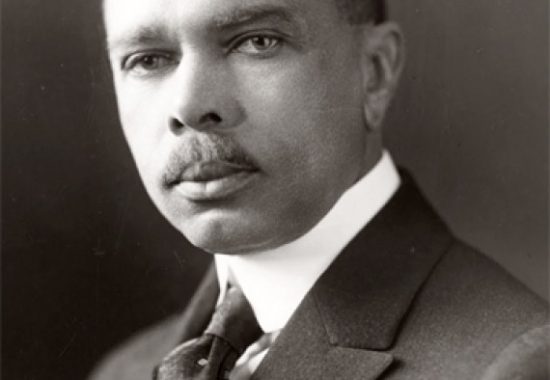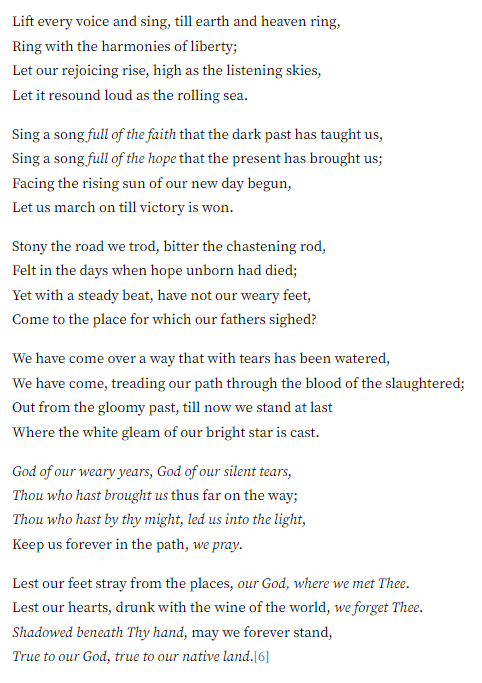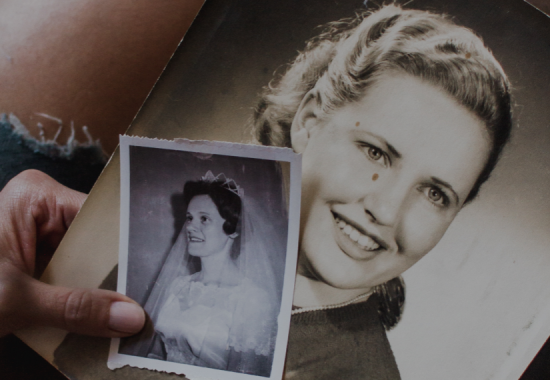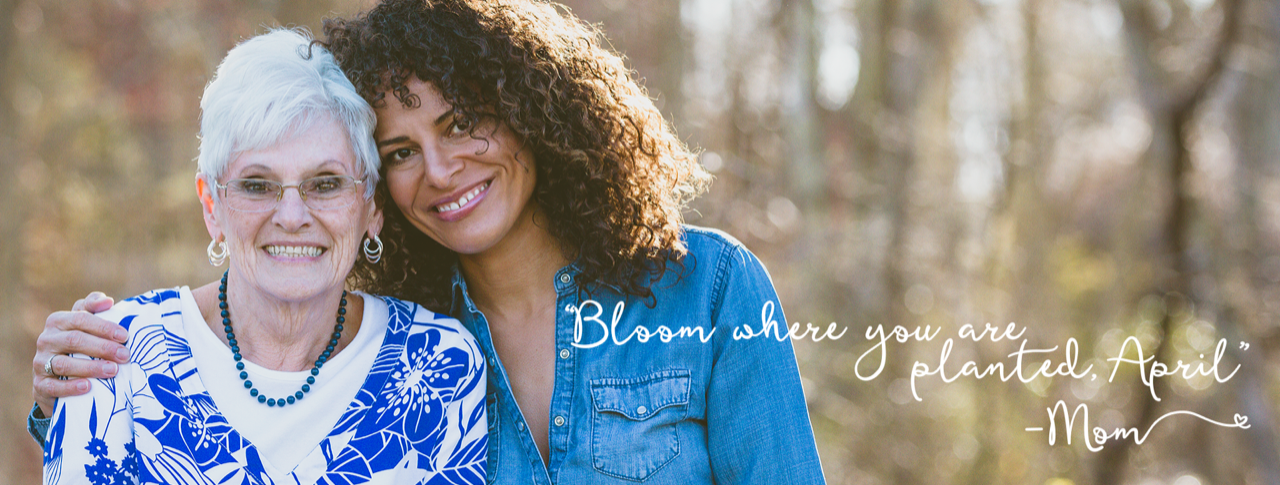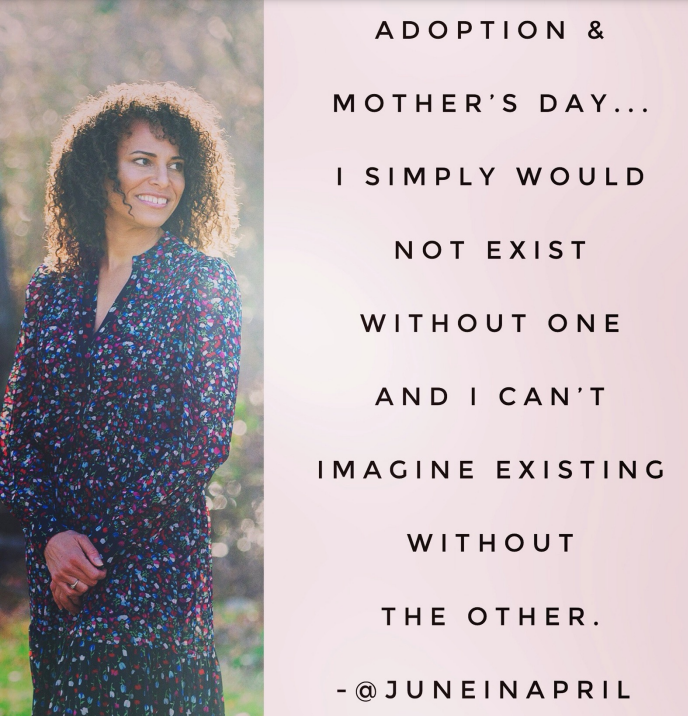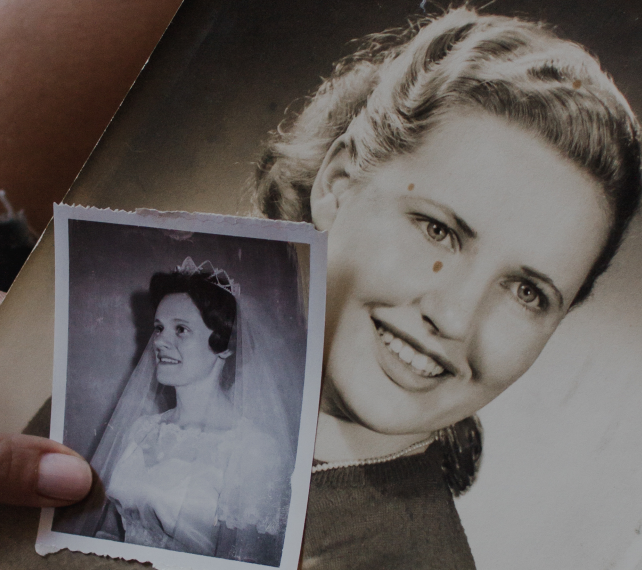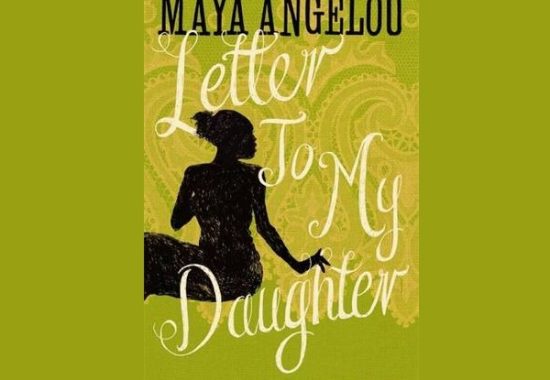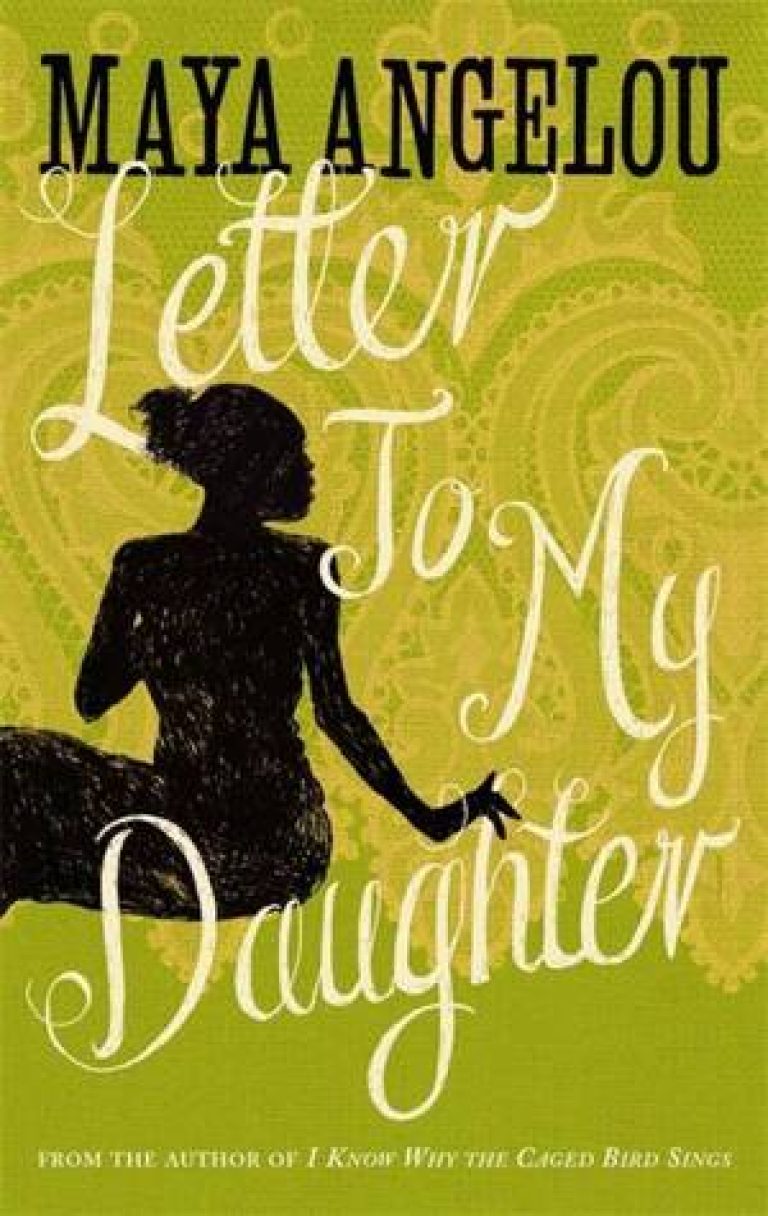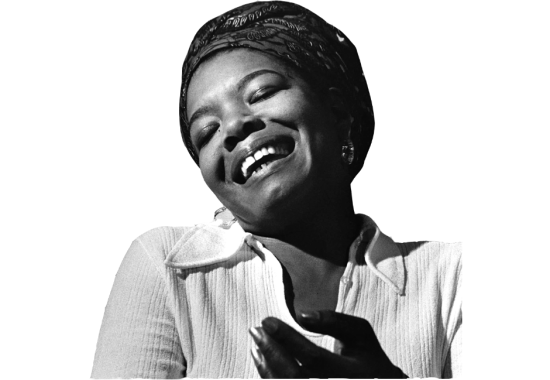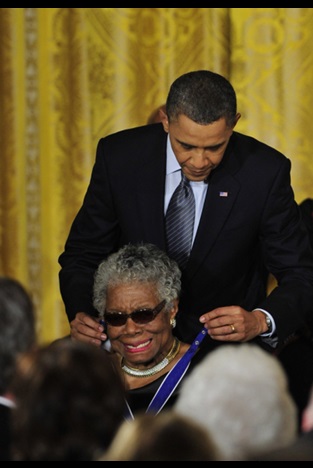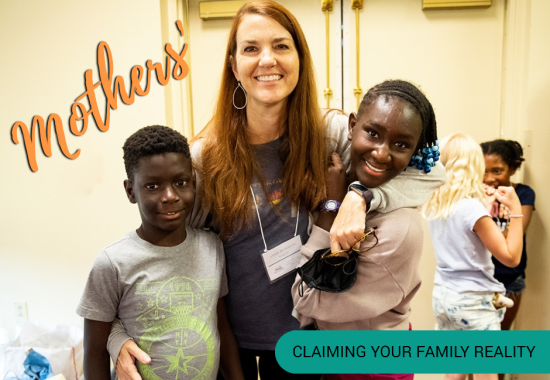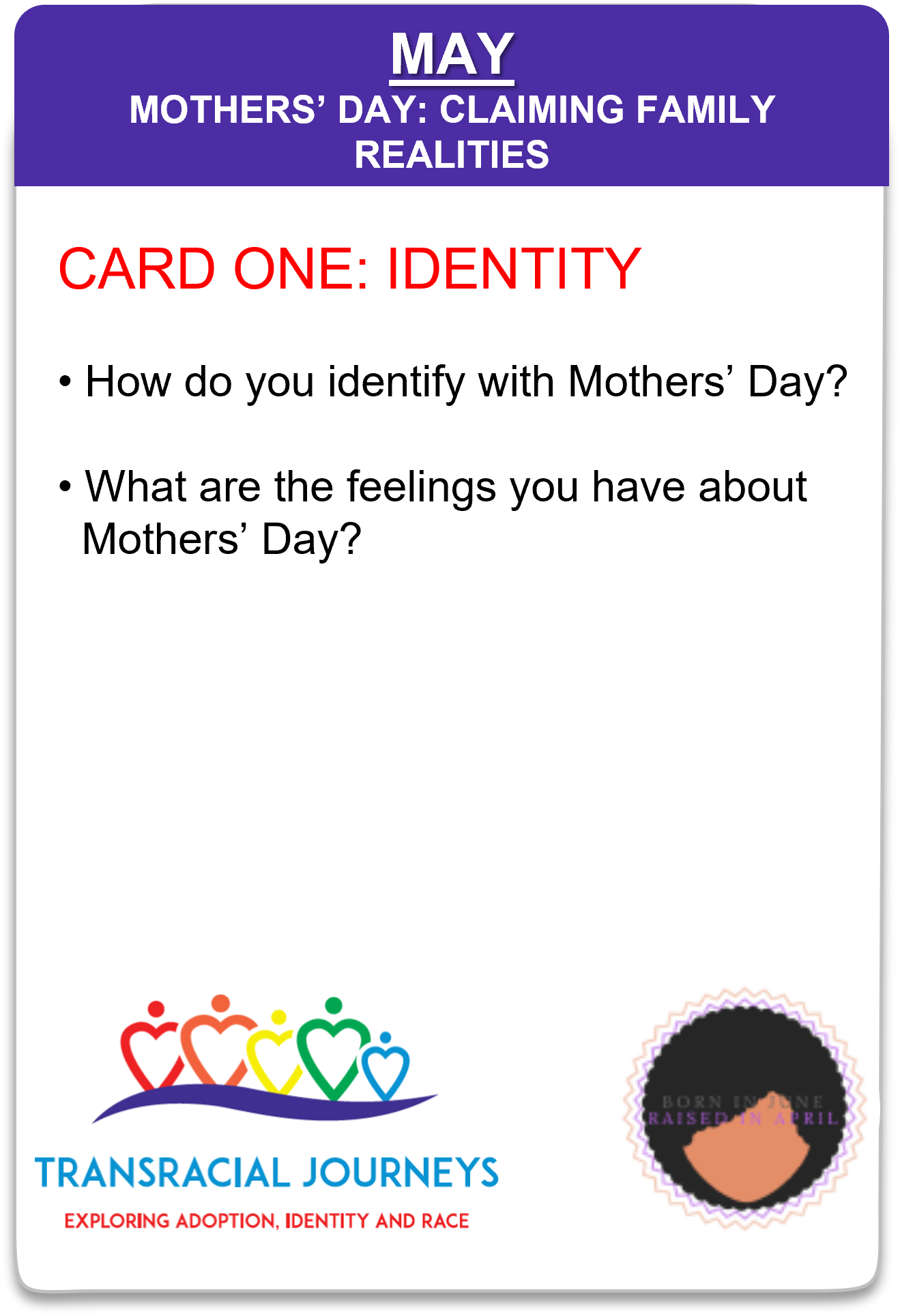After years of personal healing work, running a research institute for adoption and foster care, working in schools, and being part of a community where I am connected to thousands of members of the extended family of adoption, I have come up with a few things for adoptive parents to consider and actions to take when navigating the both/and of Mothers’ Day.
● As a starting place, think about how you hold Mothers’ Day and how you were mothered. For some, these are not easy reflections to have. For others, there is only joy and beautiful feelings. And likely for many, there is both love and joy, and complexity and pain. If these mix of emotions around mothers can be true for you it stands to reason that a mix of emotions can be present for the child you parent through adoption. Start with you and investigate how you truly hold this most sacred relationship.
● Once you have a sense of how you feel about your connections to mother, think about your holding of your child’s mother of origin. Are you in touch? Do you know her name, birthday, what she is good at? Do you know about her medical history? Do you know if she held your child? These are all things for you to think about and act where you can to gather up some of this information. You don’t have to jump in and do the most, but even taking a few minutes out over the next week or so to have some quiet time to reflect could go a long way. And remember to even mark your calendar to give yourself time to think about your emotions connected to this throughout the year. Make sure you are not tucking your thoughts, feelings, and emotions away. Demonstrate that you can be open with all that comes with adoption and understand this can be a gateway to important healing.
● With some of your emotions in check, you can work to be in even better conversation and connection with your child centered on the topic of mothers. Too often I hear parents transactionally asking their child “do you think about your birth mom? Do you ever want to try to meet her?”. Those big questions can be too much to negotiate with some children and youth. I love it when parents that have grounded themselves and have a sense of how they feel. They can open up a healthy conversation with the child they are parenting by first sharing their thoughts and feelings. Something like…”Today I thought about XX/your birth mom, I wondered how she was and I was sad that we don’t know more about her. Do you ever wonder about her too? Do you want to sit down and talk with me about that?” Remember, you know your child better than anyone so use your personal style to communicate, just don’t miss an opportunity to communicate and keep a door open.
● As you create the conditions at home for open and healthy dialogue and connection to mothers of origin and extended birth family, remember outside of the home your child can be challenged by having more than one mom to consider. This is the time of year when school projects in celebration of Mother’s Day are happening. If you’ve had the conversations about your child’s birth mother and they wanted to create art for them too, teachers and caregivers need to know that your child may need some extra time. If you are not there yet and your child does not want to share their family structure for a school project, you can create something together at home. Even if you are not in touch with the birth mom, you can create something special for the time you might have a connection. There are usually complex circumstances at the root of adoption. There will be a lot of work that will go into creating and keeping connections to family of origin but it does not mean you can’t keep an open conversation especially when the world around us is reminding us of the special people of our lives.

